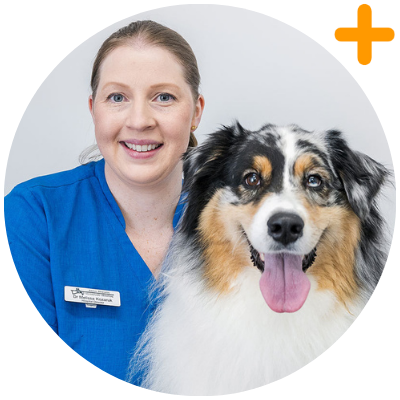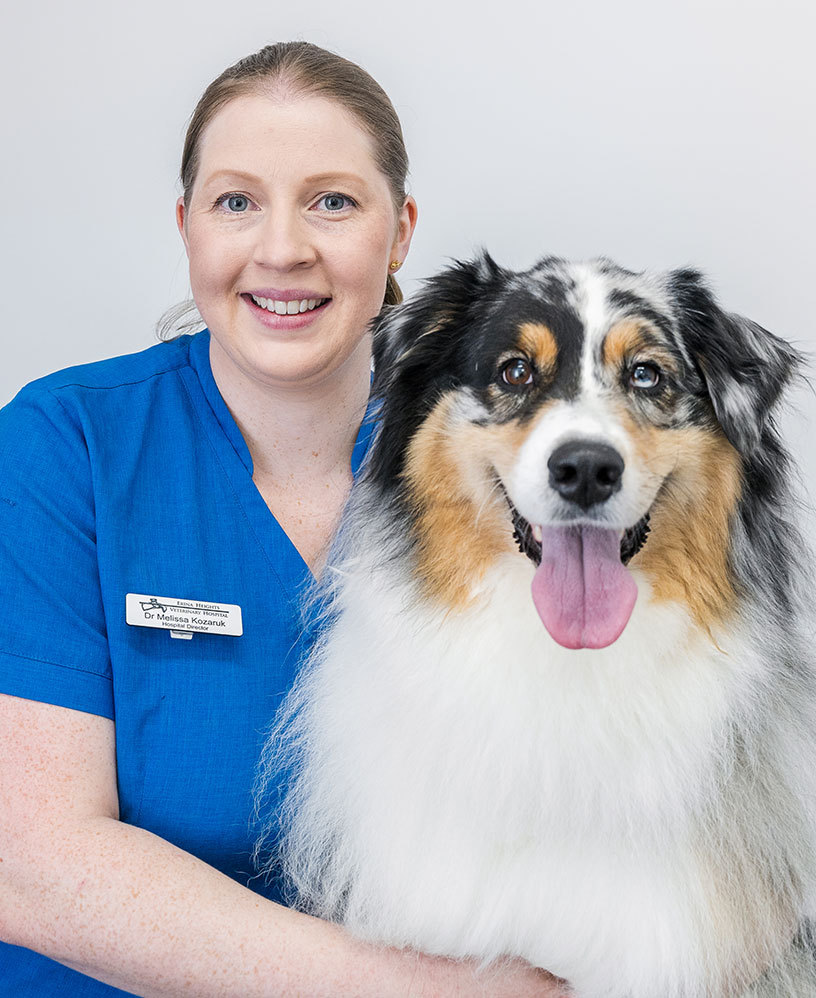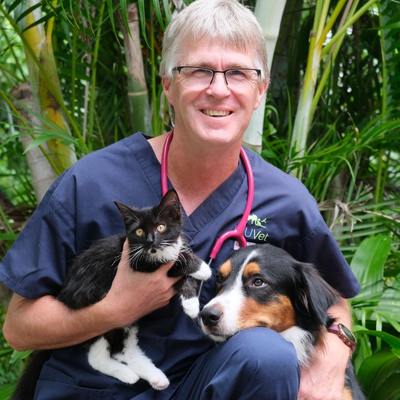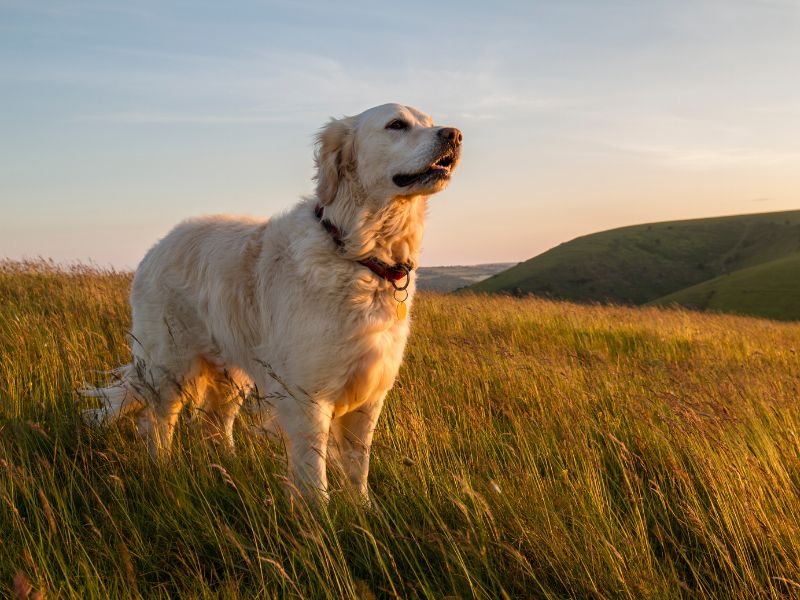The Brachycephalic Dog - Management of the Airway
This comprehensive 4-week course encompasses the essential elements of managing the brachycephalic airway medically and surgically. This course is a must-attend as we explore surgical methods, anesthesia, and ongoing care for this crucial airway issue.
- Veterinarian
- Starts April 8, 2024
- 19:30 AEST
- 4 Weeks
- RACE CE Pending
- 20 Structured CPD Points
10% early bird discount

COURSE FEE
AUD 667
AUD 667 600
Training 5 or more people?
Enroll 5 or more members of your practice and avail a special discount on the course fee!
This course includes:
- Live Online Weekly Tutorials
- Access to Tutorial Recordings
- 20 Structured CPD (Race approval pending- Interactive CE)
- Protocols For Your Practice
- Graded Course Assessment
- Discussion Forums
- Comprehensive Learning Resources
- Extra Course Resources
What you'll learn
Brachycephalic obstructive airway syndrome (BOAS) is a chronic, often debilitating, obstructive airway disease of brachycephalic dogs, which adversely affects the quality of life of affected patients.Extremely brachycephalic dogs have a shorter life span compared to dogs with less extreme brachycephaly or non-brachycephalic dogs
What’s more, the respiratory restriction in dogs with BOAS frequently coexists with other pathology, including in the gastrointestinal tract and vertebral column.
In the first of two courses in 2024, dedicated to the management and supportive care of brachycephalic patients, we join Dr Melissa Kozaruk for a 4-week course covering key aspects of medical and surgical management of the brachycephalic airway. This is, simply, a course you will not want to miss – as we delve into surgical techniques, anaesthesia and long-term management of this critical airway condition.
What’s more, the respiratory restriction in dogs with BOAS frequently coexists with other pathology, including in the gastrointestinal tract and vertebral column.
In the first of two courses in 2024, dedicated to the management and supportive care of brachycephalic patients, we join Dr Melissa Kozaruk for a 4-week course covering key aspects of medical and surgical management of the brachycephalic airway. This is, simply, a course you will not want to miss – as we delve into surgical techniques, anaesthesia and long-term management of this critical airway condition.
- Introduction to brachycephalic obstructive airway syndrome and its prevalence in brachycephalic dog breeds
- Overview of the impact of brachycephalic obstructive airway syndrome and other conformation related co-morbidities on the welfare of brachycephalic dogs
- Revision of the anatomy and physiology of the respiratory system in dogs with a focus on brachycephalic breeds Identifying the clinical signs and symptoms of BOAS in dogs
- Discussion of the diagnostic process for BOAS including airway examination and exercise tests Overview of patient selection for airway improvement surgery
Australia and New Zealand
USA and Canada
Other Countries
Australia and New Zealand
Date: Monday, 8 April 2024
Time: 19:30 AEST [Sydney] | 21:30 NZST [Auckland]
Time: 19:30 AEST [Sydney] | 21:30 NZST [Auckland]
USA and Canada
Date: Monday, 8 April 2024
Time: 05:30 EDT
Time: 05:30 EDT
Other Countries
To check the time in your zone/country, please click here.
- Discussion of anaesthetic considerations for brachycephalic dog breeds including individual patient risk assessment and management of co-morbidities
- Implementing low-stress / fear free handling techniques and pre-visit anxiolytics to reduce anxiety in hospitalised brachycephalic patients
- Overview of perioperative medications for brachycephalic patients – anti-inflammatories, gastroprotectants, antiemetics
- Anaesthesia protocols & equipment- Premedication, pre-oxygenation, induction, monitoring
- Local anaesthesia techniques for BOAS surgery
- Surgical positioning during anaesthesia for BOAS surgery
- Recovery of the brachycephalic dog after anaesthesia
Australia and New Zealand
USA and Canada
Other Countries
Australia and New Zealand
Date: Monday, 15 April 2024
Time: 19:30 AEST [Sydney] | 21:30 NZST [Auckland]
Time: 19:30 AEST [Sydney] | 21:30 NZST [Auckland]
USA and Canada
Date: Monday, 15 April 2024
Time: 05:30 EDT
Time: 05:30 EDT
Other Countries
To check the time in your zone/country, please click here.
- Introduction to the different surgical procedures for BOAS, including:
- Nares – ala-vestibuloplasty, wedge resection
- Palate – Staphylectomy, Folded Flap Palatoplasty, H-Pharyngoplasty
- Larynx – Sacculectomy, Cuneiformectomy, Partial laryngectomy
- Tonsils – Tonsillectomy
- Turbinates – LATE
- Temporary Tracheotomy and Permanent Tracheostomy
- Discussion of the indications for surgery, the factors that influence the choice of procedure and how to order the procedures when performing multi-level airway improvement surgery
- Discussion of the equipment required for BOAS surgery – basic vs advanced equipment, ligasure laser, electrosurgery, suture materials, mouth gags
Australia and New Zealand
USA and Canada
Other Countries
Australia and New Zealand
Date: Monday, 22 April 2024
Time: 19:30 AEST [Sydney] | 21:30 NZST [Auckland]
Time: 19:30 AEST [Sydney] | 21:30 NZST [Auckland]
USA and Canada
Date: Monday, 22 April 2024
Time: 05:30 EDT
Time: 05:30 EDT
Other Countries
To check the time in your zone/country, please click here.
- Discussion of the potential complications associated with surgical intervention for BOAS and strategies for minimising these risks
- Overview of the post operative medications after BOAS surgery and discharge instructions for owners
- How to utilise the veterinary team in managing care of brachycephalic patients
- Managing client expectations and prognosis after BOAS surgery
- Overview of non-invasive interventions for BOAS, including medications, lifestyle modifications and environmental changes
Australia and New Zealand
USA and Canada
Other Countries
Australia and New Zealand
Date: Monday, 29 April 2024
Time: 19:30 AEST [Sydney] | 21:30 NZST [Auckland]
Time: 19:30 AEST [Sydney] | 21:30 NZST [Auckland]
USA and Canada
Date: Monday, 29 April 2024
Time: 05:30 EDT
Time: 05:30 EDT
Other Countries
To check the time in your zone/country, please click here.
Speaker
Course Reviews
"Hello Phil and thank you so much for another wonderful course! I really enjoy learning from you - your teaching technique is fabulous and the resources and notes you provide are just so informative!"
"Thanks so much for all your advice and teaching. With so much information around these days, your evidence-based clarification goes a long way! You and your work are very valued at this practice."
"Thank you for your wonderful resources and course. It is fantastic to be able to access it in such a flexible manner. I got a lot out of your notes, presentations and extras that I will refer to often in my work."
"I want to acknowledge and thank you for the tremendous amount of quality information you have imparted to us during this course."
Don't miss out on this exciting learning opportunity!
10% early bird discount

COURSE FEE
AUD 667
AUD 667 600
Training 5 or more people?
Enroll 5 or more members of your practice and avail a special discount on the course fee!




